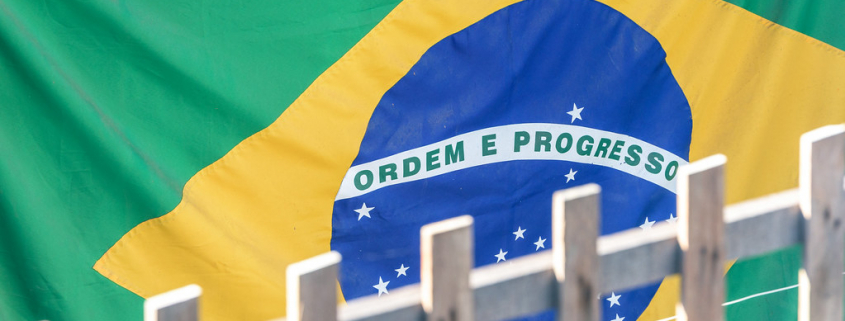This month, Brazil’s Ministry of Agriculture, Livestock and Supply (MAPA) published Normative Instruction No. 36 with three new “Reference Specifications” for biological pesticides.
This information will enable companies to register and produce new biopesticides based on their referenced biological agents, which can be used in both organic and conventional agriculture.
“The specification means that any company can apply to register a product for organic farming within that category. This registration is processed very quickly, it can be issued four to six months after the request, precisely because in these cases, technical evaluations have already been carried out,” explained Carlos Venâncio (Coordinator of Pesticides at the Ministry of Agriculture).
The first new specification relates to the fungus, Trichoderma asperellum, a microbiological control agent used in Brazil to control the fungus, Sclerotinia sclerotiorum, which causes white mold. This fungi is a major problem in Brazil, as it has a large number of hosts and a wide geographical distribution.
In Brazil, Sclerotinia sclerotiorum attacks several crops of economic importance, such as grains (soybeans, peas and beans), pumpkin, lettuce, cotton, quince, potato, eggplant, canola, chicory, tobacco, sunflower, kiwi, watermelon, melon, cucumber, tomato and various flower species.
The “Reference Specifications” for two parasitoids, which are biological control agents against wasps, have also been published. Catolaccus grandis can be used to control cotton boll weevil (Anthonomus grandis), the main phytosanitary problem in Brazilian cotton production.
Habrobracon hebetor controls five targets, which affect storage, such as moths that attack cereals, lepidopterans belonging to the families Noctuidae, Erebidae and Crambidae.
Normative Instruction No. 36 facilitates the registration of products for various companies of various sizes. “With products such as the one used against cotton boll weevil, which is one of the pests that require the use of the most quantities of insecticides, we have an application substitution that was only previously possible with chemicals but now applies to biological products, reducing the application of chemicals,” Venâncio added.
Source: Agropages
Image source: “Brasil” by ruifo is marked with CC BY-NC-SA 2.0.


